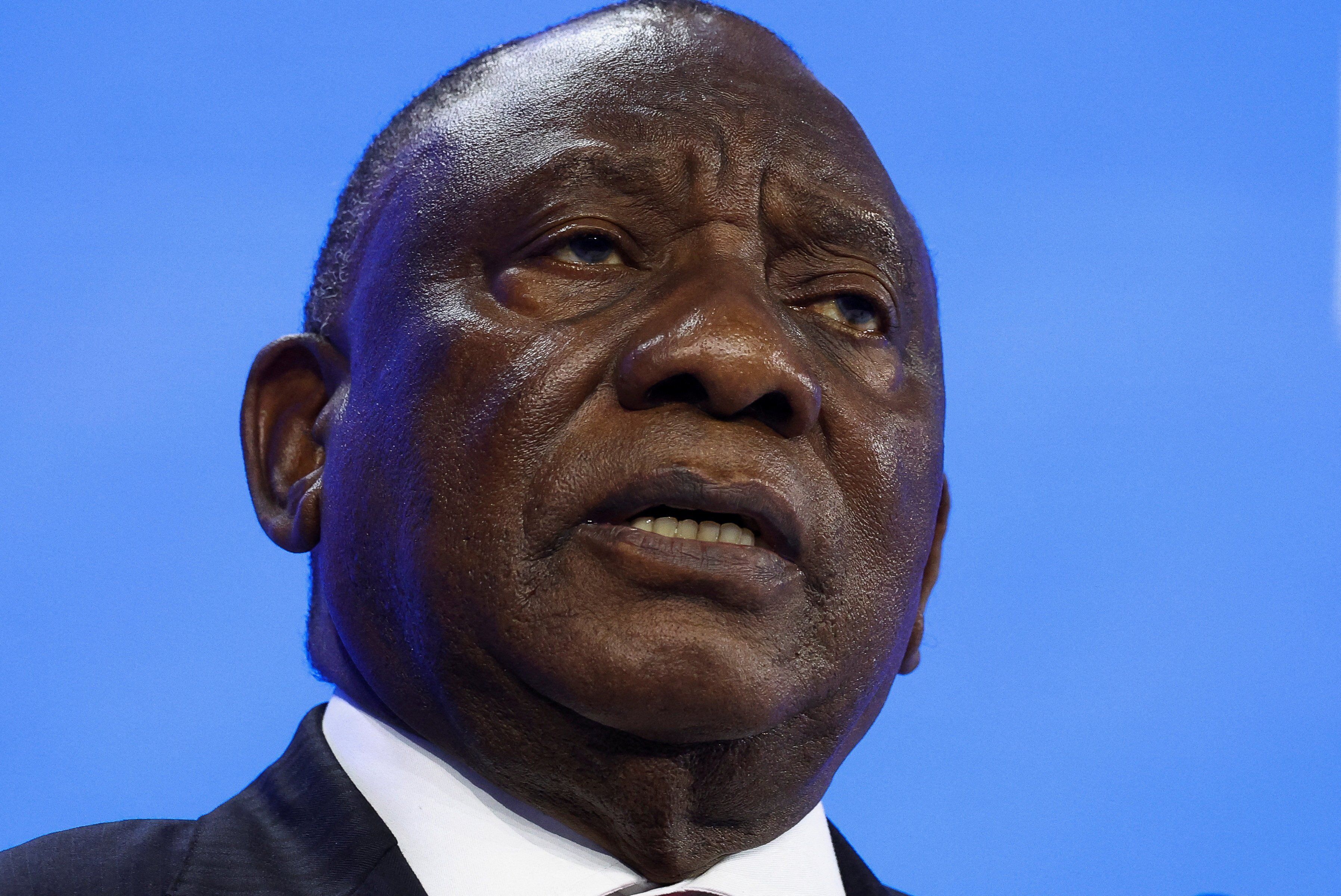President Donald Trump has said that he will cut all US funding to South Africa, accusing the government there of confiscating land and “treating certain classes of people very badly,” an allegation South African President Cyril Ramaphosa denies.
What is Trump talking about? Last month, South Africa passed the Expropriation Act, which aims to address severe racial imbalances in land ownership. Thirty years after the fall of Apartheid, three quarters of private farmland is held by whites, who comprise less than 10% of the population. The new act repeals an Apartheid era law that was used to expropriate Black farmers.
What does the bill say? It facilitates the government purchase of unused or abandoned land, provided that “just and equitable” compensation is given. But it also, in the “public interest”, allows land to be expropriated without compensation if the property is abandoned and the landowner can’t be reached, or if it is being used for criminal activity.
What’s the controversy? Critics say this latter provision violates the South African constitution’s protections for private property. AfriForum, a South African lobbying group that acts on behalf of white Afrikaans speakers, recently briefed Trump on the bill. Elon Musk, who hails from South Africa, has also said the bill threatens South Africa’s white minority.
What happens if Trump pulls funding from South Africa? From a geopolitical perspective, “not much,” says Eurasia Group Africa Practice Head Amaka Anku, “the funding in question is about $440 million to South Africa’s HIV program, which is not significant enough to make South Africa retaliate.”
Still, that funding accounts for nearly a fifth of South Africa’s total HIV program funding. In a country with the largest HIV-positive population in the world, the human consequences could be significant.
